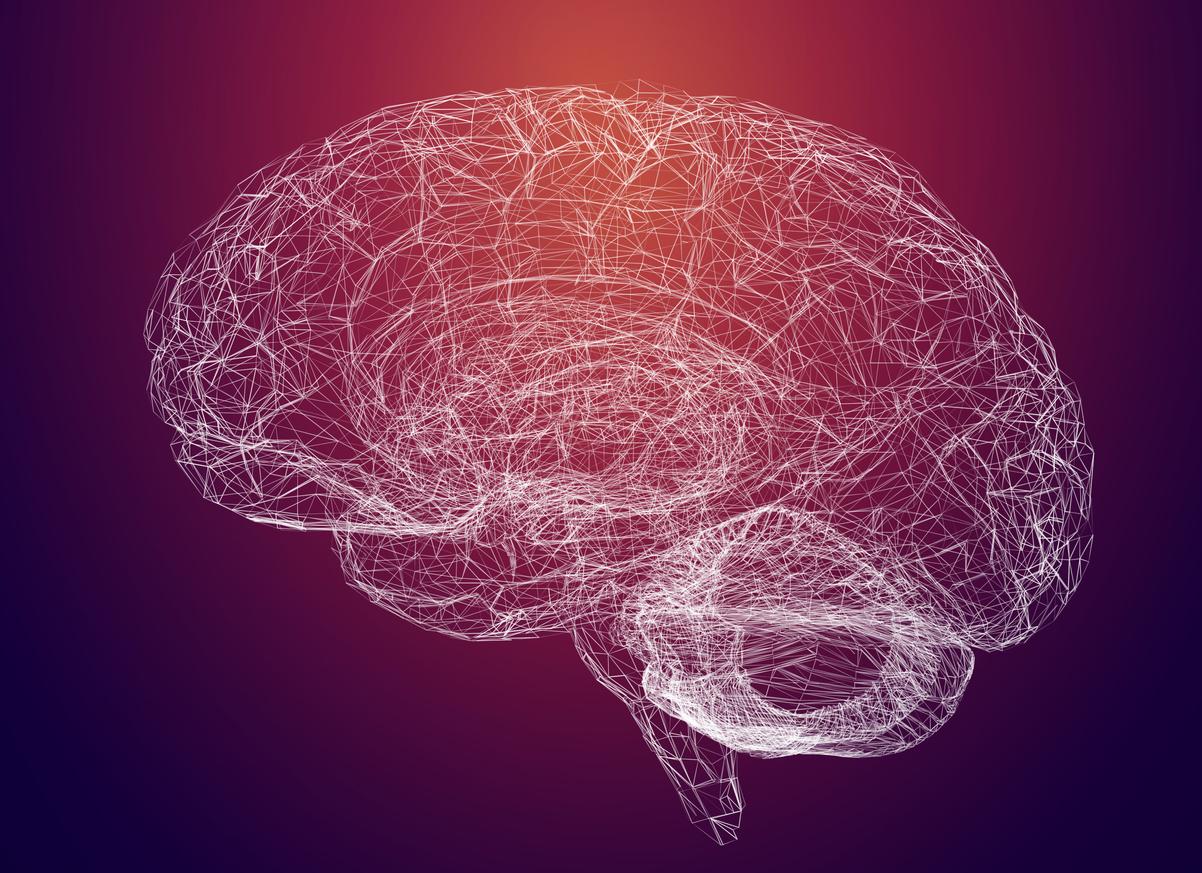August 31, 2007 – Swiss researchers suggest using neurofeedback, a biofeedback technique, to treat children with attention deficit hyperactivity disorder (ADHD)1.
According to their results, neurofeedback is more effective in this regard than cognitive-behavioral group therapy. This technique produces very real effects that cannot be attributed to a placebo effect, argue the researchers.
Using the neurofeedback technique, participants had to learn to control certain brain functions through medical imaging provided by an electroencephalograph (EEG).
|
A body-mind approach |
The researchers compared the effectiveness of biofeedback (17 children) to that of group therapy (13 children). According to the parents’ assessment, the children in the neurofeedback group improved their attention span and cognitive performance more than those who participated in the group therapy. Among the children subjected to neurofeedback, those who learned to voluntarily modify their brain activity had better control of their hyperactivity and impulsivity than the others, note the researchers.
Mixed results
Since the beginning of the 2000s, American researchers claim to obtain good results with the techniques of biofeedback. However, the clinical evidence on neurofeedback to treat ADHD is still said to be unsatisfactory. Experts believe that the claimed positive results may be attributable to a set of clinical interventions rather than just biofeedback.
According to André Achim, professor of psychology at the University of Quebec in Montreal and co-author of the book Attention deficit hyperactivity disorder2, this study raises more questions than it answers.
The results do not clearly demonstrate that the improvements are attributable to the biofeedback intervention, he adds. This is also the case for several studies on the subject. “Our own work seems to indicate,” he continues, “that neurofeedback has a real positive effect on some children with ADHD, but it is not yet clear what this effect is. It is difficult to obtain clinical benefits on a consistent basis, ”he explains.
In Quebec, neurofeedback therapy is not covered by the health insurance plan. “For parents who have the financial means, this approach could, in certain cases, bring benefits”, nevertheless believes André Achim.
Pierre Lefrançois – PasseportSanté.net
According to Reuters Health.
1. Drechsler R, Straub M, et al. Controlled evaluation of a neurofeedback training of slow cortical potentials in children with Attention Deficit / Hyperactivity Disorder (ADHD). Behav Brain Funct. 2007 Jul 26; 3 (1): 35
2. Chevalier N, Guay MC, Achim A, et al. Attention deficit hyperactivity disorder. Presses of the University of Quebec (PUQ), Canada, 2006.

















